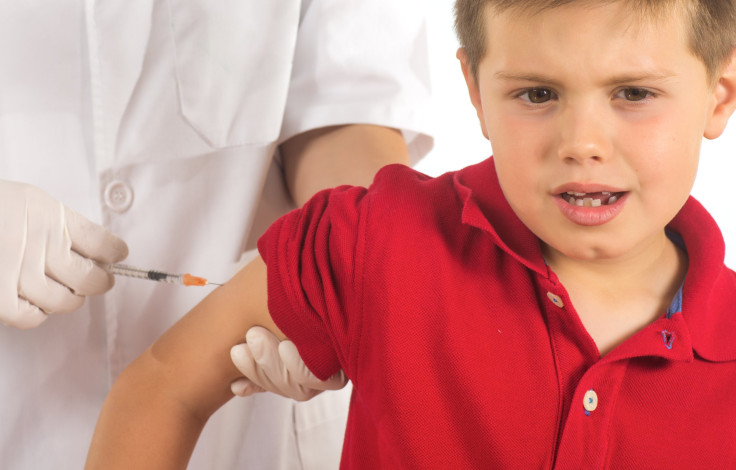Ukraine At High Risk Of Polio Outbreak Due To Decreasing Rate Of Immunization, WHO States

UN officials are worried that the reappearance of the polio virus in Israel and Syria, coupled with Ukraine’s decreasing rate of immunization, may increase the risk of a polio outbreak in the Eastern European country.
Because thousands of Israelis visit Ukraine each year, and hundreds of Ukrainians work on contract as engineers or construction workers in Syria, the UN is concerned that an outbreak is inevitable. “Recommending to people not to travel is no help,” Dorit Nitzan, Ukraine’s WHO representative, said in a news conference. “A virus does not know borders. We are really dealing about time now. It is no longer about ‘if’ but ‘when.’”
One of the biggest issues blocking immunization in the former Soviet country is public distrust – many Ukrainians feel strongly against vaccines, believing they are more harmful than helpful. Even though immunization is mandatory Ukraine, with vaccines free under state health care – many Ukrainians refuse to allow their children to be vaccinated. In order to be admitted to public schools in Ukraine, children must show certifications of vaccination against polio; but many parents against vaccines create fake certificates.
The rate of immunization has been falling in Ukraine since 2008, where only about 50 percent of children are fully immunized against polio, measles, rubella, and other diseases, according to UNICEF; and only about 74 percent of the population is immunized against polio. “A combination of suspicion, funding problems, alleged corruption and inefficiency leave Ukraine with the lowest vaccination rate of the 15 former republics of the Soviet Union… and the rate has fallen sharply in recent years,” Maria Danilova writes on the AP.
Ukraine also has one of the highest HIV/AIDS rates in the world, and has experienced the threat of a polio outbreak in the past. “Although the European Region eliminated polio in 2002, there have been poliovirus importations that have led to outbreaks,” the Centers for Disease Control and Prevention notes on its website. “To prevent an outbreak in Ukraine, CDC has provided assistance through the Stop the Transmission of Polio program and recommends continued implementation vaccination campaigns.”
According to the CDC, Eastern Europe has a very high rate of HIV infection, and Ukraine is the most severe, with over 300,000 people living with HIV/AIDS.
“There is a lot of public district [of vaccination],” Yukie Mokuo, the UN Children’s Fund representative in Ukraine, told Reuters. “But polio is highly infectious – once it starts it spreads very quickly. The risk [of an outbreak] is high and we want the government to do something about it.”
Published by Medicaldaily.com



























